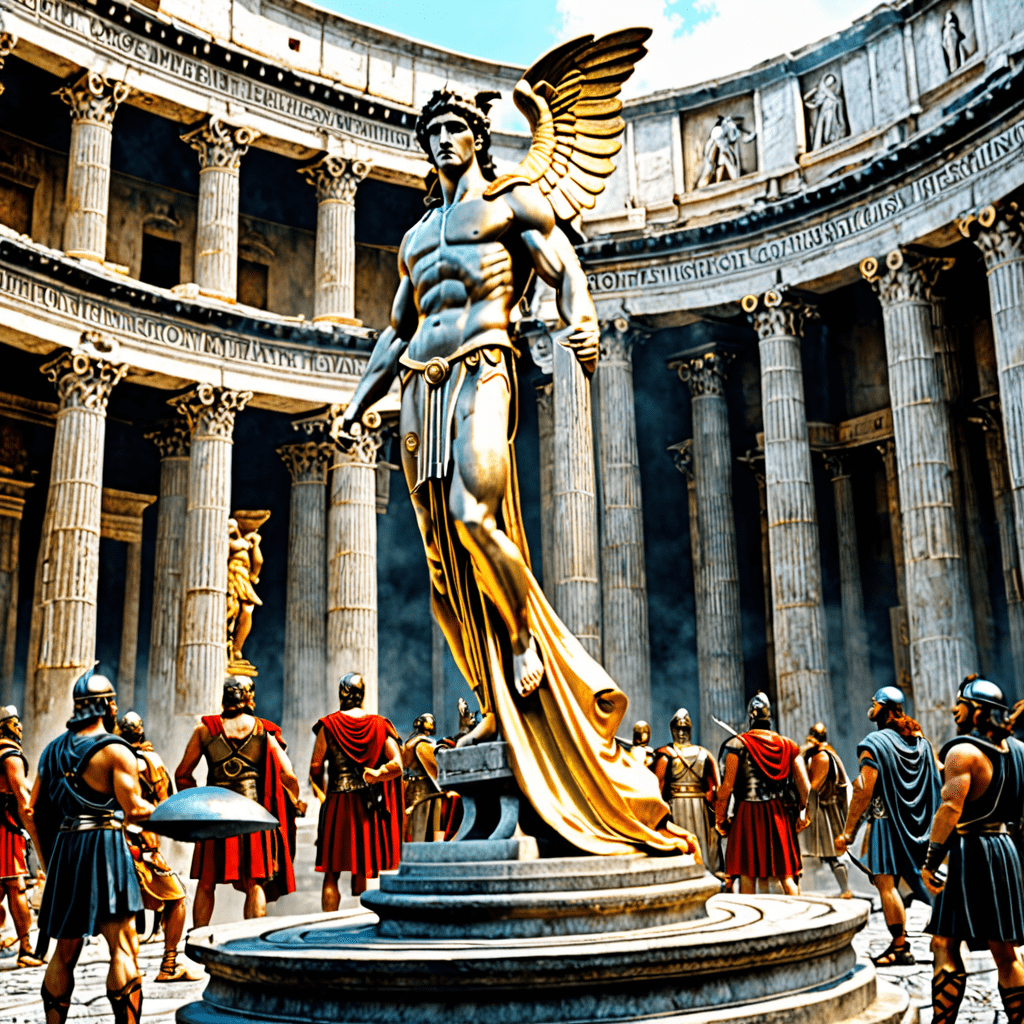Roman Mythology: Exploring the Concept of Fate and Destiny
Understanding Roman Mythology
Roman mythology, a significant aspect of ancient Roman religion, encompasses a vast array of gods, goddesses, and mythical beings. These stories served as a form of explanation for natural phenomena, societal norms, and the human experience.
The Notion of Fate in Roman Mythology
In Roman mythology, fate, known as ‘Fatum’, was believed to be a predetermined course of events that could not be altered or avoided. The concept of fate influenced various aspects of life, from personal decisions to the outcomes of wars. The Fates, often depicted as three sisters spinning the thread of life, determined the destiny of individuals.
Exploring Destiny and Free Will
Destiny, referred to as ‘Fortuna’ in Roman mythology, played a key role alongside fate. While fate dictated certain events, individuals also believed in the power of free will to shape their destinies. The delicate balance between fate and free will was a common theme in Roman myths and legends.
The Influence of Fate and Destiny Today
While Roman mythology may be viewed as ancient beliefs, the concepts of fate and destiny continue to resonate in modern society. The idea of accepting fate while also striving to create our destinies reflects a timeless struggle present in human culture and literature.
FAQ – Roman Mythology: Fate and Destiny
What is Fate in Roman Mythology?
In Roman mythology, fate, known as “Fatum,” refers to the predetermined course of events that are believed to be beyond human control. It encompasses the idea that certain events are inevitable and cannot be changed or avoided.
What role do the Fates play in Roman Mythology?
In Roman mythology, the Fates, or “Parcae,” were the goddesses responsible for spinning, measuring, and cutting the thread of life. They determined the destinies of mortals from birth to death, symbolizing the idea of fate being woven into the fabric of existence.
How is Destiny viewed in Roman Mythology?
Destiny, or “Fortuna,” in Roman mythology, represents the concept of luck and fortune, often associated with unexpected turns of events and the capricious nature of life. It is believed that one’s destiny is guided by Fortuna’s whims and fickle nature.
Can individuals change their Fate or Destiny in Roman Mythology?
While Roman mythology emphasizes the idea of fate and destiny as immutable forces, there are also tales of individuals attempting to defy or alter their predetermined outcomes through acts of courage, ingenuity, or divine intervention. However, ultimately, the themes of fate and destiny prevail





